By Matthew EhretWhat I here propound is true: — therefore it cannot die: — or if by any means it be now trodden down so that it die, it will “rise again to the Life Everlasting. Nevertheless it is as a Poem only that I wish this work to be judged after I am dead.” –Edgar Poe, Preface to Eureka Edgar Poe is known for many things, but an epistemological warrior is not usually one of them. However, it is only when one escapes from the narrow characterization of Poe as a “master of the macabre” which has been pummelled into the mass psyche for over 170 years that we are able to begin to appreciate the universal character of Poe as a both a renaissance man and political revolutionary who engaged in the highest form of cultural warfare in defense of America’s greatest founding principles and in opposition to all systems of empire. Nowhere was this made more clear than in the last (and least known) essay written mere months before the artist was to was be bizarrely struck by a mysterious “sickness” which led to his death a mere few days later under extremely suspect circumstances, en route from Virginia to New York where he had planned to set up a new type of magazine known as “The Stylus”. Having tirelessly collected $1500 in subscriptions from supporters in Virgina, Poe was finally about to embark upon a new phase of his life’s mission, which he had described as “the one great purpose of my literary life” adding “undoubtedly (unless I die) I will accomplish it.” Poe’s creation of his own magazine would liberate him from the shackles of editorial constraints for the first time in his life. Following the guiding model of Benjamin Franklin’s Poor Richard’s Almanack and his beloved Friedrich Schiller’s journal Thalia, Poe’s new magazine was to provide a cultural mass education of the population using drama, poetry, science and the arts as well as act as a platform for great republican artists and thinkers to rally around during a time of profound crisis in America’s history, teetering as it was upon the precipice of dissolution which would explode within a matter of 12 years in the form of the Civil War. Describing his new journal Poe stated in his prospectus:
Poe’s intention to break the practice of anonymous authorship was especially important in the 1840s as magazines like the Southern Literary Messenger and Graham’s Magazine rarely published their authors’ names and this anonymity made it extremely easy to slander and lie without remorse, to the detriment of the minds and morals of the population and thereby the nation’s moral fitness to survive [A modern analogue to this problem can be found in any issue of the London Economist featuring the prolific authorship of the “red square” -ME]. While a fuller account of Poe’s lesser known political activities from his 1830 involvement in France’s aborted second revolution through his 20 year career was brilliantly showcased by the pioneering research of Allan Salisbury (1949-1992) and delivered in a 2019 lecture by this author, for today’s purposes, I would like to focus merely on Poe’s vision as outlined in his Stylus Prospectus and final essay known as Eureka. Eureka: A Prose Poem was intended by the author to be the governing philosophical manifesto that would guide the spirit of the Stylus and was based upon a series of February 1848 lectures delivered by Poe in New York entitled “The Cosmography of the Universe”. A newspaper covering the lecture stated this directly:
Since this little-known essay (usually left out of collected works of Poe) held such importance in the mind of its author who went so far as to call it “the one great purpose in my literary life”, it is very much worth inspecting its contents with more than a little care. Before we do this, a few words of context are in order. Uncovering the Real Edgar PoePoe had always been fascinated by the nature of mind, identity and the harmonies or disharmonies that generate healthy and unhealthy states of being. Within his short stories, this exploration often focused upon the mind’s capacity to fall into perversions of it’s higher divine nature. In the same way that any doctor must inquire into the multifaceted nature of illness before coming to ever clearer concepts of health, so too must all of Poe’s “haunting” tales of macabre be inspected. Whether we are investigating the inner workings of the minds of protagonists of such tales as the Imp of the Perverse, Tell Tale Heart, Cask of Amontilado, the Black Cat or William Wilson, Poe always brings the reader into an insight of the self-deluding mind of a sick soul- and most importantly how an ignorance to one’s own undiagnosed self-delusions always lead quite lawfully to one’s own downfall. Without such insight, no citizen could properly understand the potential for evil either within themselves or the evil nature of political powers influencing nations which every great thinker has recognized as a top down fact shaping world history. On this higher quality of evil which any lover of freedom must be aware of in order to navigate through the dangerous world of politics, Poe brilliantly laid the perverse and tragic oligarchical psyche bare in such stories as the Fall of the House of Usher and Masque of the Red Death. In the former story, a young and depressed nobleman named Roderick Usher invites a childhood friend to his family’s castle wherein Usher yearned to find a glimmer of that happiness last experienced during his childhood. Roderick embodies the stagnant and fixed psychological impulses of the European nobility as he finds himself stuck between two worlds: the new world of technological progress, optimism and creative growth in which his friend lives and which characterized in so many ways 19th century America, versus the archaic fantasies of the past grandeur of the Roderick’s high bloodline embodied in the image of the derelict and crumbling castle. Ultimately Roderick is unable to break from his hereditary roots and the disintegration of the castle with the sad barren twins inside (Roderick and his creepy sister) symbolize the end of oligarchical systems. In the Masque of the Red Death, Poe performs a similar exposure of the self-destructive nature of oligarchs who may try to hide from the effects of plague that their rapacious systems of exploitation bring onto victim populations, but even hermetically-sealed as they are within their castles, living in orgiastic glamour, they ultimately cannot escape the destruction they wish be reserved for their slaves. Within his stories, essays and poems, Poe probes the depths of the human heart and mind while his themes frequently orbit around mankind’s unique capacity to make creative discoveries. Following the guiding light of all great tragedians, it is the failure to make those discoveries that leads to the dismal outcomes often portrayed in his “morbid” stories. As we shall soon come to see, Poe understood too well that not only does this “eureka power” distinguish mankind from other forms of animals, but it also gives mankind the ability to leap beyond the senses, and see with the mind’s eye where the invisible flaws exist within systems of laws of nations as well as systems of logic that we use to navigate through our understanding of the universe. It is only by discoveries of these flaws which prevent our happiness and true creative nature from coming into being that true knowledge, and solutions can be generated within one guided by a spirit of honesty. This capacity to recognize the failures of the mind to make the sorts of non-linear discoveries for which it was designed is the focus of many of Poe’s works, but the clearest example is to be found in his character Inspector Dupin, and the story of the Purloined Letter. Inspector Dupin: Archetype of the Creative MindIn the purloined letter, Poe’s character Inspector C. Auguste Dupin embodies the highest calibre of creative, healthy mind which is contrasted with the french prefect Germont and an armada of police officers who are locked in the invisible cage of sterile deductive/inductive logic forever unable to make a discovery and solve a mysterious criminal case. In the story, the exasperated prefect seeks the assistance of Dupin after weeks of painstakingly searching the home of a figure who is the prime suspect in the theft of a letter which holds vast political ramifications (and vast rewards if it is recovered). The inspector describes in agonizing detail how his officers have spent weeks taking apart every segment of the suspect’s home in search of the letter…but to no avail. Germont describes how his men have investigated every square inch of the residence:
Every technique of inquiry known to them has been exhausted and their failure has caused them to seek Dupin’s help. After some days elapse, Dupin uncovers the letter and gives it to the prefect who giddily pays Dupin the generous reward, leaving the inspector’s home, letter in hand. Dupin’s friend (and the story’s narrator) sits awestruck how this feat occurred. Dupin then explains how he was able to accomplish this seemingly impossible task by first sharing his insight into the failures of the thinking of the prefect and officers:
While I will not ruin the story for you, as no summary could replace the subjective act of reading the work as Poe intended it, it is safe to say that Poe’s positive insight into the nature of the culprit gave him the power to discover what no deductive/inductive thinker could accomplish. Here Dupin notes that the culprit has won renown as both a poet and master of the differential calculus stating:
It was Dupin’s insight into the failure of linear mathematical logic and the healthy maturation of scientific and aesthetic capacities that true creative leaps into discovery concepts may occur. Although expressed most transparently in the Purloined Letter, this theme is replicated beautifully in Poe’s short stories Descent into the Maelstrom, The System of Dr. Tar and Professor Feather, Maelzel’s Chess-Player, The Murders on the Rue Morgue, and the Gold Bug… to name but a few. This brings us to the primary subject of our current investigation: Eureka. A More Than Metaphysical Prose PoemPoe chose to call his great essay “a Prose Poem” and subtitled it “An Essay on the Material and Spiritual Universe” dedicating it to the great German naturalist Alexander von Humboldt. In the Preface of Eureka, Poe states provocatively:
This essay courageously proposes to accomplish two herculean tasks which Poe had, up until this moment accomplished only indirectly within his artistic works: 1) To demonstrate how the laws of man’s creative reason are in harmony with the laws organizing the entire universe and 2) That the best way to fall off of the path leading to an understanding of those laws of mind and creation are located in the two-fold beliefs in deductive and inductive reasoning. Like Plato’s Timaeus, or Cusa’s De Docta Ignorantia, many details of Poe’s scientific treatment of the universe has flaws which 170 years later, we may review with 20/20 vision to be errors. However, the value of this masterpiece lies primarily in the concise method of fruitful thinking showcased throughout and the broad universal principles of Order, Beauty, Goodness, and creativity which Poe makes intelligible to the reader. Within the opening pages, Poe establishes a coherence of the specific states of man and our perceptions with the general/universal states of the universe and warns the reader that this exercise will bring into question some of the most “reverenced of men”, saying:
Promising to resolve the apparent ancient paradox of the One, Many and Infinite- in whose states exist all things, first treated by Plato, Poe says:
Calling the reader to imagine him or herself spinning around atop Mount Aetna so fast that the multitude of particulars become an increasing one, Poe, then extends this image to the entirety of creation beyond the particulars of our earthly home, saying:
Since the very term “Universe” is so broad and often conceptualized in its purely material characteristics, Poe takes the time to define the term “universe” according to “the utmost conceivable expanse of space, with all things, spiritual and material, that can be imagined to exist within the compass of that expanse.” Creeping and Crawling: False Reasoning ExposedAfter establishing his motive, and definitions for his grand inquiry, Poe begins his narrative from the voice of a figure 1000 years in the future reading a letter found floating in the ocean by an unnamed character who begins to serve as the poem’s narrator. This letter describes an age (much like our own) where the citizens of the earth were told they had two paths to follow in their pursuit of truth: Deductive/apriori and Inductive/aposteriori the fathers of either path, Poe identifies as Aristotle, Euclid, Emmanuel Kant and Francis Bacon.
Having identified with biting humor those two false paths which lead to the corruption of minds and morals of those who are induced to adopt them, Poe then characterized them as forms of “creeping vs crawling”. Where Aristotle represented the apriori school of deductive reasoning (starting with unproven general assumptions then arranging sense perception- aka: creeping), Bacon represented the aposteriori school of inductive reasoning (starting with patterns in sense perception then making conclusions about general laws- aka: crawling). This path had been earlier pioneered by the Venetian Paolo Sarpi a few years earlier which Rising Tide President Cynthia Chung showcased in her Study on Schiller’s Ghostseer. Poe attacked either path as “plain, baseless, worthless and fantastic altogether as on account of their pompous and infatuate proscription of all other roads to Truth than the two narrow and crooked paths — the one of creeping and the other of crawling — to which, in their ignorant perversity, they have dared to confine the Soul — the Soul which loves nothing so well as to soar in those regions of illimitable intuition which are utterly incognizant of ‘path.’” Within his essay Poe contrasts these stagnant modes with the more potent creative method of intuitive leaps that allow the soul to “soar” with his narrator saying:
Soaring with KeplerPoe then contrasts these false schools of thought with the exemplary mind of the musician-scientist Johannes Kepler’s musical discovery of universal gravitation as proof of the soul’s ability to soar above the shackles of logic, and leaping intuitively into “eureka moments” saying:
The narrator of the letter continues to describe the heresy of Kepler’s method in the eyes of the scientific priesthood and quotes Kepler’s prayer from his Harmonice Mundi (1619) saying:
Poe was not ignorant to the political realities of apparently “scientific or philosophical” issues, and extended his ironical fire to the school of imperial Political Economists John Stewart Mill and Jeremy Bentham who applied the radically reductionist sciences of creeping and crawling to the domain of global social control on behalf of the British Empire to which they were both beholden. Poe knew that through their radical adherence to the dual paths of “creeping” and “crawling”, these “political economists” denied not only creativity but also the fact that humanity can uniquely translate the fruits of those creative discoveries into new forms of scientific and technological progress which had the effect of increasing our species’ ability to transcend our “limits to growth” (or as modern neo-Malthusians have termed our “carrying capacity”). Tuning to the Mind of the CreatorHaving cleared the field of false modes of reasoning, Poe prepares to finally begin his grand exploration of the universe making the point that he will endeavor to apply a form of reasoning that takes advantage of both paths, yet is not limited to either as he says he will at times move from the Earthly realm of senses (multiplicity) upward to the whole (oneness) and at times from the whole (oneness) downwards to the infinite array of particulars. Here Poe says:
Poe next takes a moment to explore the often-misused meaning of the word “Infinite”, breaking it free of the shackles of a merely quantitative concept which forever eludes the human mind’s capacity to wrap around it, and instead re-defines it as a yearning towards something shared by all humanity:
By tying the concept of the infinite to a striving and thinking about the nature of thought, Poe introduces a profound philosophical idea of constant self-perfectibility which was shared by those founding fathers of America who established a nation around the concept of “a more perfect union”. An Aristotelian, Kantian or Baconian would scoff at the notion- for how could something be “perfect” both before it was improved? Absurd… Every logician knows that something can only be A or not A, but never both! Once the concept of ‘Infinite’ is liberated from unbounded linearity, Poe details the dispute between the two schools of theologians who deal with the difficult term “Causality”. Of course, everyone knows that every “effect” can be “caused” by a previous “effect” in the material world ad infinitum, but Poe demands we break from such material considerations following Socrates’ lessons in the famous dialogue Phaedo (on the Immortality of the Soul), and make the leap into final causes… which are uniquely located in the metaphysical domain of intentions and ideas. Both Plato’s Socrates and Poe make the point that these intentions and ideas are themselves made possible by their participation in the greater mind of God, as creator of the universe as well as the self-reflective part of that universe we call ‘humanity’. Again exposing the false two paths that try to reduce cause by infinite material regressions on one extreme vs those lazy minded theologians who skip all considerations of science in order give “God” credit for all effects (including the existence of evil), Poe says:
This something besides is again tackled by Poe’s paradoxical definition of the bounded Infiniteness of space in the Universe. Citing the example of the scientist philosopher Blaise Pascal who himself derived this notion of the universe from the great theologican Nicholas of Cusa, and Plato’s Timaeus, Poe describes the universe’s general character as a geometric concept of a sphere without bounds.
But HOW does this ironical concept of the universe and finite infiniteness assist us in comprehending the Mind of God? Again, the reductionist would scoff and conclude that Poe’s idea of God is an absurd self-contradiction- attempting to be both A and not A. The reductionist continues his line of thinking: If God exists prior to the supposed beginning of the universe, then doesn’t it mean that this God is some type of composite with parts? Was this composite not itself created? Does it not itself exist in some form of pre-existent “universe” of space and time that already had existence? How were those created? Is this not absurd? Here Poe recognizes the transcendental nature of God and Man by establishing that such paradoxes are the artefacts of attempting to extend laws of the material world into considerations of the divine and impose the bounded-finite concepts derived from our material world (Plato’s realm of Becoming) onto the Eternal realm of Being. Again following Plato’s Timaeus, Poe states that it were wiser to start with the simple (not compound) notions of creation that give meaning to all, and unity to the multitude array of multiplicity and order to the infinite chaos of existence. Here he invokes concepts of Platonic forms and Leibniz’s Monad to infer what he calls his one assumption: that simplicity… that oneness, is primary to all creation. For without those simple states of being, then no categorization or generalizations upon which science and all practical thought exists, would ever be possible.
What concepts of God, Will, and Time flow from this idea of Oneness? Poe breaks from all nihilistic impressions so popularly associated with him saying:
A Parting Poetic ThoughtI would like to leave it to the reader to work through the body of Eureka on their own to properly appreciate the depth and power of Poe’s under-appreciated intellect and follow his treatment of such advanced topics as galaxy formation, the evolution of systems of galaxies, the science of vortices, electricity, Leibniz’s metaphysics, Keplerian gravitation and the interconnection of spirit to matter. This study is, after all, not meant to be substitute for Eureka, but rather an inspiration for all readers to dive into the profound depths of Poe’s metaphysical insights. Before ending this essay, I would like to leave off with Poe’s beautiful insight into the nature of Poetry as a governing principle of the Universe itself where Truth becomes co-equal with Beauty following Keats’ mandate from Ode on a Grecian Urn.
In breaking the mind free from expectations of “pure logic”, Poe calls on mankind to awaken within our hearts those universal artistic principles that bring our species into every greater tuning with both creation and the Creator. The Rising Tide Foundation is a non-profit organization based in Montreal, Canada, focused on facilitating greater bridges between east and west while also providing a service that includes geopolitical analysis, research in the arts, philosophy, sciences and history. Consider supporting our work by subscribing to our substack page and Telegram channel at t.me/RisingTideFoundation. This article was originally published on The Rising Tide Foundation.
|
Khamis, 30 Oktober 2025
Poe’s Metaphysics: Rediscovering Eureka
Langgan:
Catat Ulasan (Atom)
Poe’s Metaphysics: Rediscovering Eureka
Rising Tide Foundation cross-posted a post from Rising Tide Foundation Rising Tide Foundation Oct 30 · Rising Tide Foundation Edgar Poe is ...
-
https://advanceinstitute.com.au/2024/04/24/sunnycare-aged-care-week-10/?page_id=...
-
barbaraturneywielandpoetess posted: " life on a rooftop can be short ; depends whether one looks down or up . ...
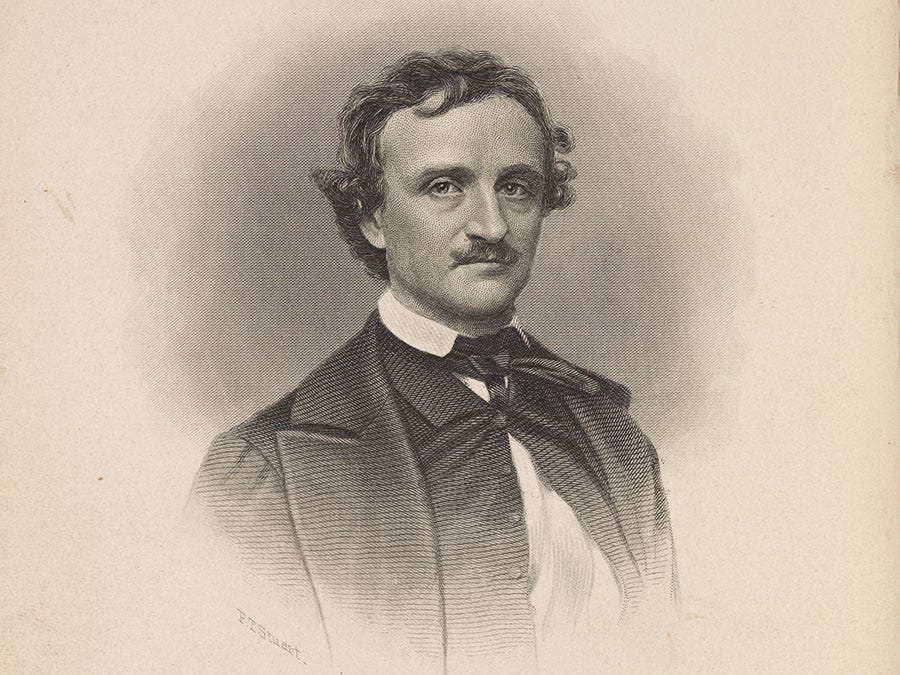
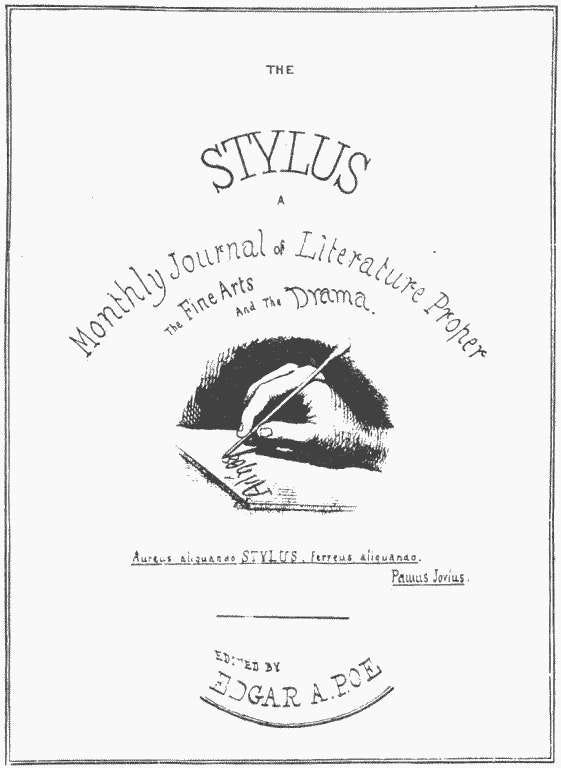
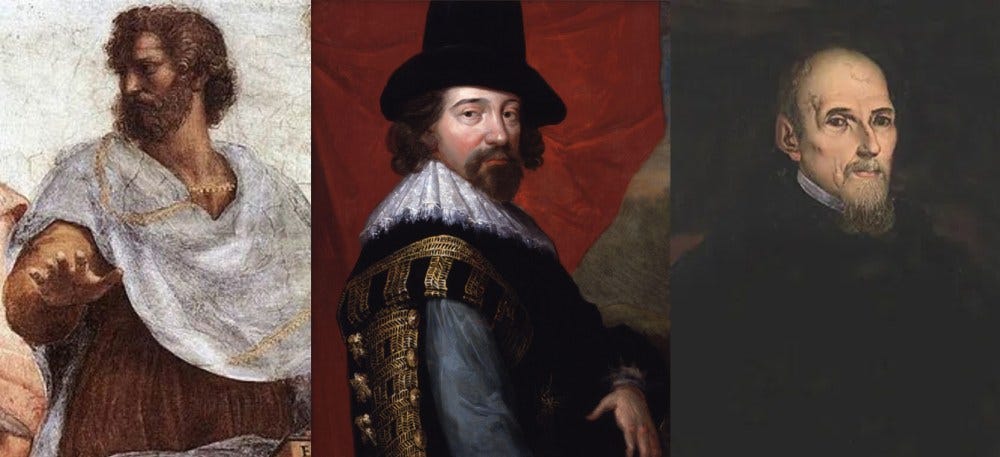
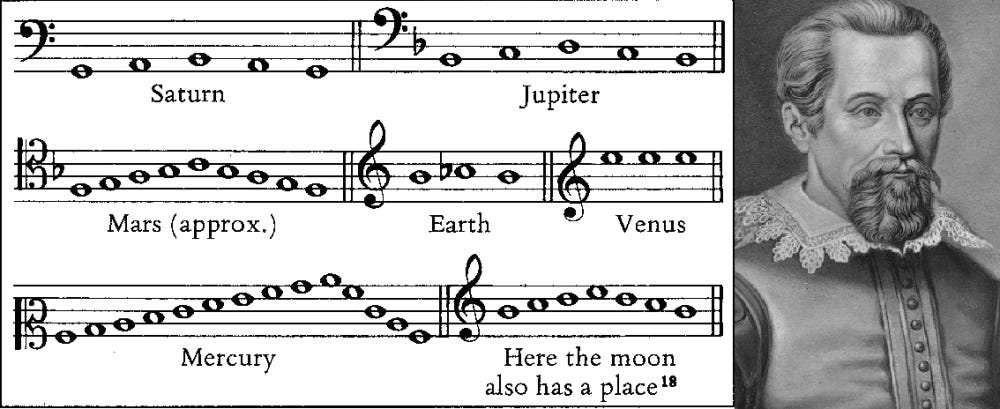
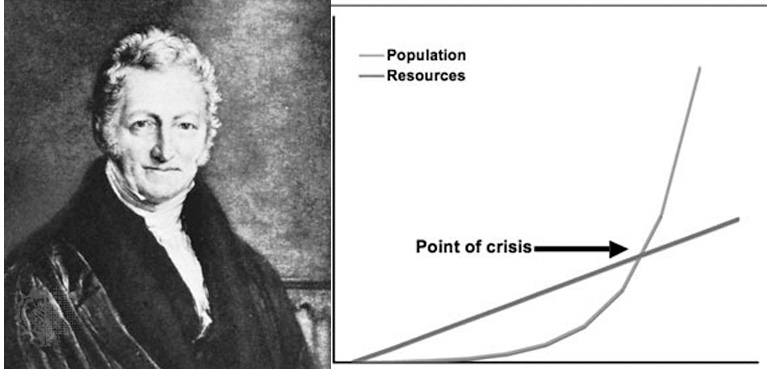
Tiada ulasan:
Catat Ulasan